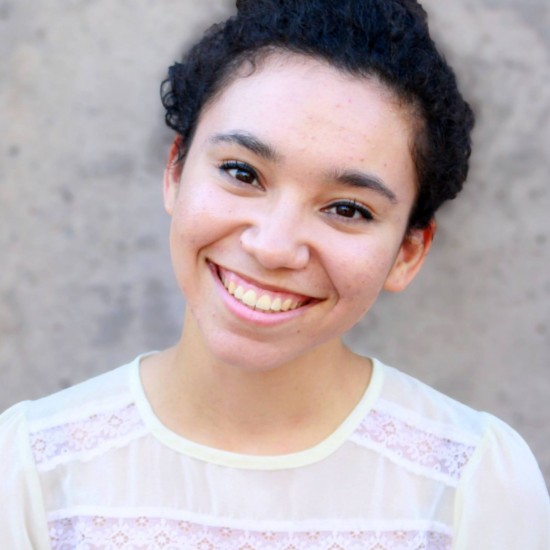AmbryShare Restores Genes to the Public Domain
The Huffington Post
2016-03-29
Amal Cheema, Biochemistry and Political Science Student
Wellesley College, Wellesley, Massachusetts
“As a stage four cancer survivor, I find it shocking that public and private laboratories routinely lock away vital genomic information. That practice is delaying medical progress, causing real human suffering, and it needs to stop.” —Ambry Genetics CEO and founder Charles Dunlop
In its purest form, science seeks to determine how the world works and endeavors to improve the human condition. Yet, the current culture of research undermines this value-system, as institutions across the nation look for ways to capitalize on discoveries. The commodification of information, particularly of the genome, hinders innovation and prevents the discovery of novel drugs and cures., researchers can either seek revenue for their underfunded research or ensure the accessibility of scientific knowledge, but they can’t do both.
It’s not clear whether academic solidarity will prevail, universities increasingly rely upon licensing revenues and keep information proprietary. Although genes can no longer be patented in the U.S. due to the 2013 Supreme Court case, Association for Molecular Pathology et al. v. Myriad Genetics, most researchers perceive little benefit in sharing raw data. They silo their work and therefore, hamper innovation. The solution to this roadblock lies in the new, remediating, and open-access genomic libraries.
Ambry Genetics (Ambry), a leading genetics company, recently revealed its bypass to closed-door labs and patented information. It created a genomic library, AmbryShare, making the DNA data of 10,000 people available online to the public. And it’s the first private company to do so. While Ambry retains copyright, researchers now can easily download the data for free and investigate the genetic determinants of disease…
…Yet AmbryShare is not without its critics. Some fear that the database will lead to false positives and privacy breaches. Bioethicists like Dorothy Roberts of UPenn Law worry about false positives, such as race-specific gene differences. Roberts asserts that society has politically constructed race without a biological basis, and that researchers could support racism by misattributing differences in the genome as evidence of race. Scientists can address this concern by removing the race question from patient profiles…
Read the entire article here.




